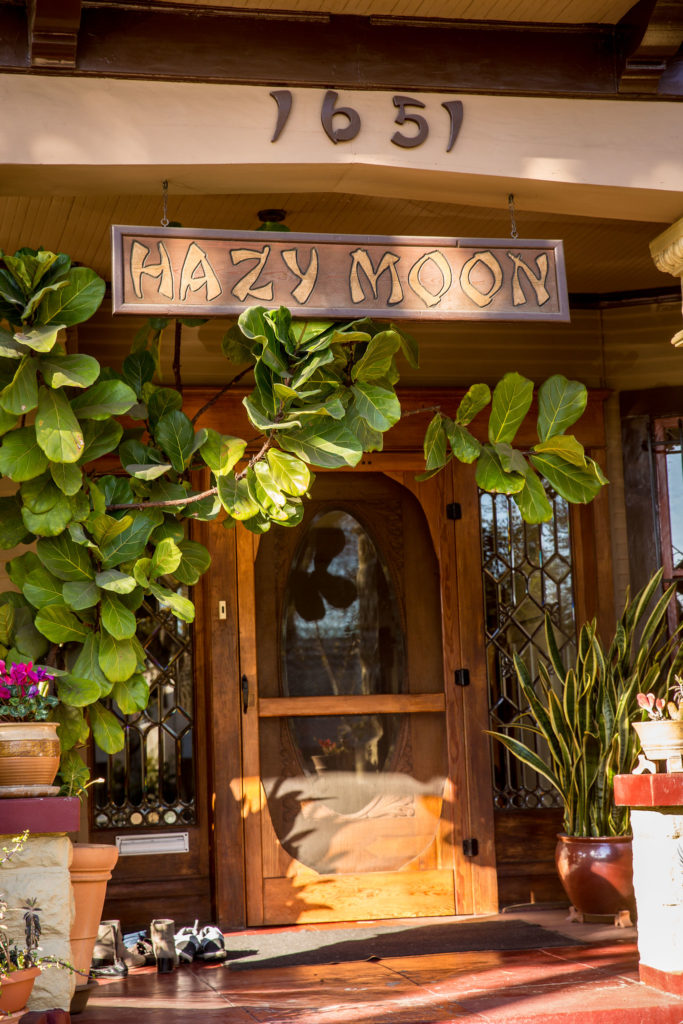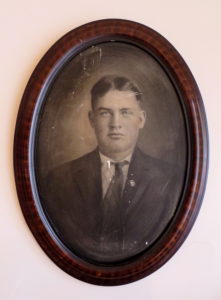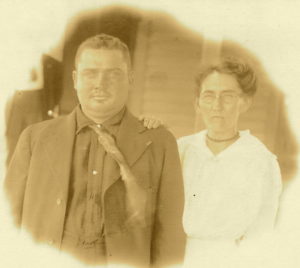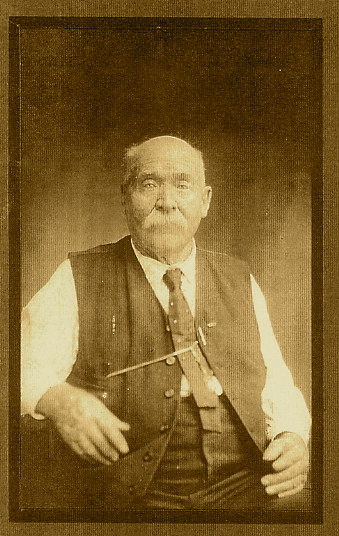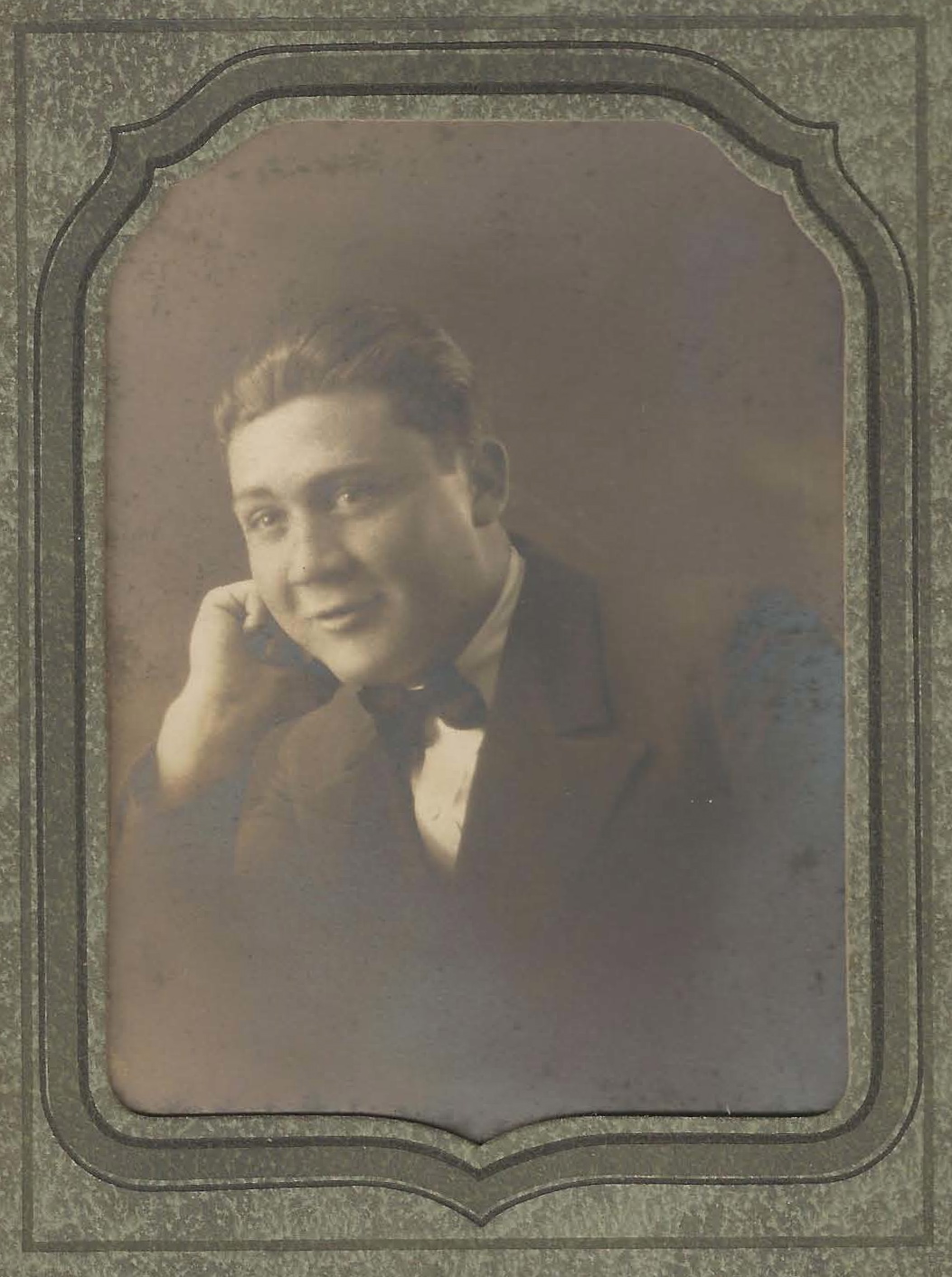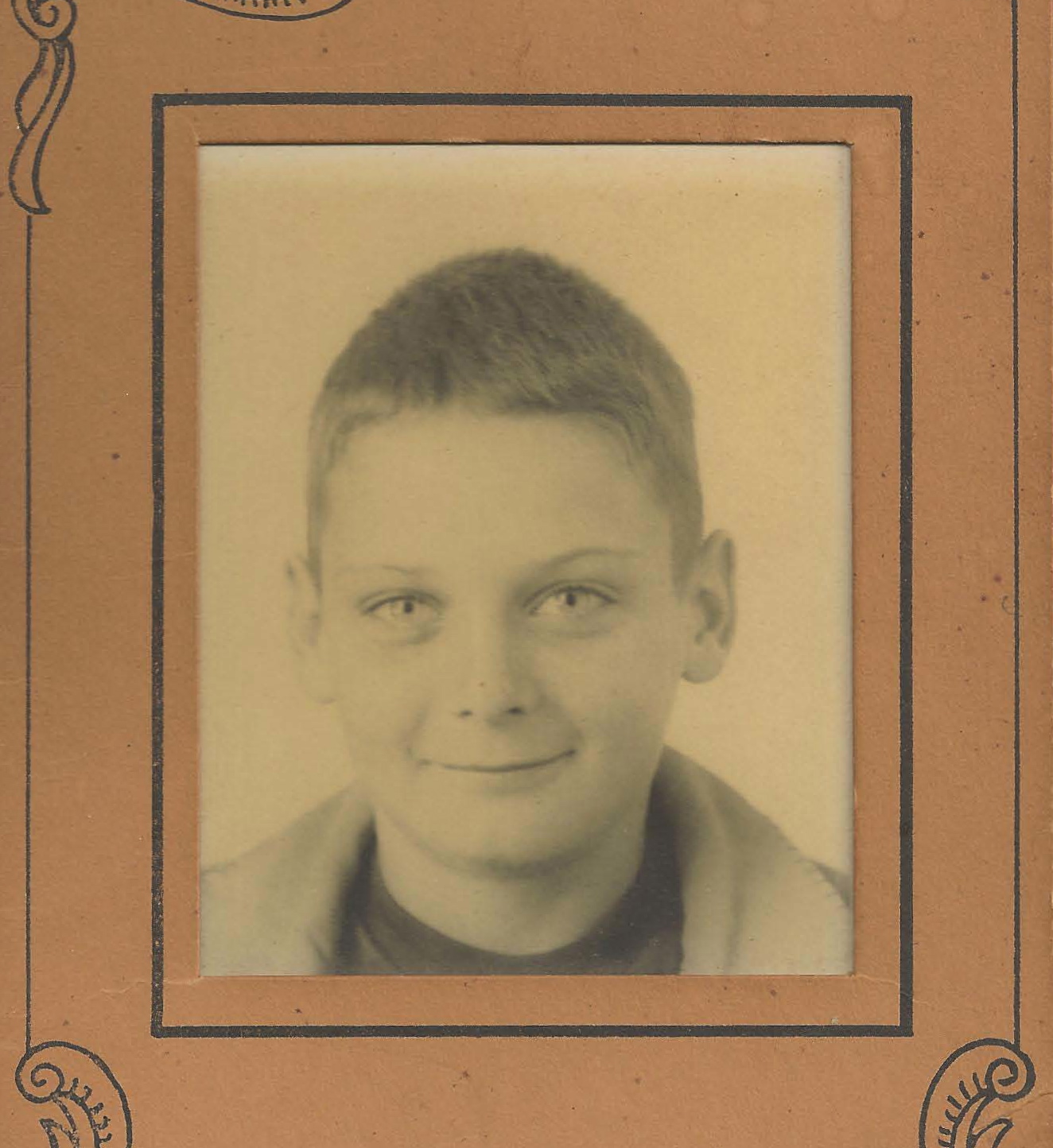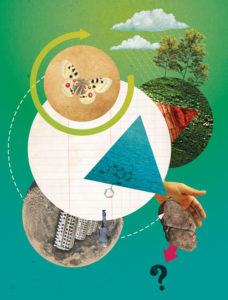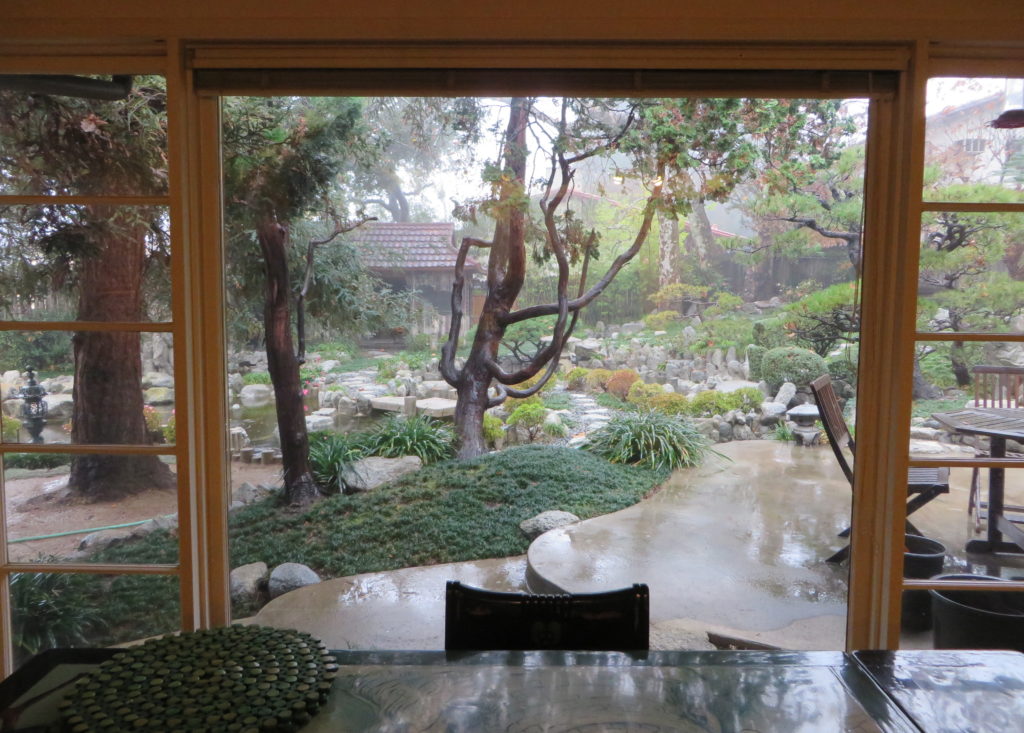 *And the people who love them anyway.
*And the people who love them anyway.
Ten notable books I’ve read and reviewed on Goodreads this year. Literary gifts for the serious reader in your life, which might be you!
A Manual for Cleaning Women: Selected Stories by Lucia Berlin. Enter the anonymity of Lucia Berlin, who must have written her stories between addiction and abuse, poverty and pregnancy, romance and rehab, all manner of disaster and distress, a writer who writes without reader or acclaim, beyond rescue, from a motive so pure that it renders her posthumous words startling and brilliant. You will learn everything about Lucia in these stories, no truth too precious to hide, and afterwards you will hunger for more. She is a writer’s writer, which means she is a reader’s writer—hard knuckled, plainspoken—a cleaning woman’s cleaning woman. High praise.
All the Living by C.E. Morgan. Epically tender and exquisitely wrought: hard love on dry ground.
Brooklyn by Colm Tóibín. I loved this quietly lustrous book, just as I loved the movie, so faithfully rendered. A reminder that modest lives now scarcely remembered—those of our parents, grandparents and great-grandparents—entailed profound risk, loss, hope and courage.
Everything I Never Told You by Celeste Ng. A down-deep revelation of what a family silently imparts to itself. This will make you wonder how your impact—the stings, the slights, the oversights, and misperceptions—will reverberate long after your last breath. I took it personally, and could not put it down.
My Name is Lucy Barton by Elizabeth Strout. Quietly thunderous where words don’t reach.
Purity by Jonathan Franzen. Don’t even bother wondering what this book is about. It is not a story. It is a diagnosis. Yes, it was hard to love at first. But Franzen has once again astonished by taking on our culture’s big lies and crimes, mapping the DNA of our delusions: the rage for privacy amid the lust for fame; our worship of truth and appetite for lies; deep, personal isolation and alienation in a world of false connectedness; the noble ideals of art and equality hiding the ugly animal ferocity of our killer instincts. As in The Corrections and Freedom, Franzen drills down until we see that the big things that seem beyond mere mortal intervention—irreducible trends, events and technologies, history itself—reflect the small intimacies of our relationships. Left with only the unrelenting pain of this modern life, he comes down on the side of love, which, after all, is why we read. PS Anyone who wonders who killed America must read this book.
The Buried Giant by Kazuo Ishiguro. I feel obliged to tell you you’re not going to like this book. You may never read it and if you start you might not finish it. It is strange and not like any other piece of contemporary fiction I’ve ever read. It is about the ultimate journey we take in our life—our life—and the destination that lies ahead. We forget where the future will deliver us, just as we forget where we’ve been. And all along we embellish our story with myths and fantasies, history, fear, vague memory and conflicts so intense that we obscure altogether the absolute reality we dare not face. And yet, on this one-way journey, there is no turning back or getting around, no short cut, no other ending. The river flows. No knights can save us, no magic, no miracles, no medicine, no prayers. Finally, on the last page, we remember, and we go on alone to the other shore. What a curiously brave undertaking, Mr. Ishiguro. Even if this wasn’t your intention, we can’t avoid the truth when we find it.
The Narrow Road to the Deep North by Richard Flanagan. Speechless.
The Nest by Cynthia D’Aprix. A wicked romp. Loved it.
When Breath Becomes Air by Paul Kalanithi. The young neurosurgeon is ambitious and accomplished, a fascinating person whose early death from cancer is sad and unfair. But the most poignant passage in this autobiography does not arrive until the last paragraph, when he is well past memoir, beyond eloquence and intention, when he writes with simple, aching truth about the joy he finds with his newborn daughter. It’s a reminder of what most of us never see or know until the end: that there is nothing worth having that isn’t already here. And then, because that last paragraph is the first and last of its kind—incomparably pure and true—you know how life stops. In the middle of everything, just like that. Oh, to have a little more time to appreciate.
***
Give the gift of books that change lives. My publisher New World Library is offering a special discount of 50% off all titles, including Paradise in Plain Sight and Hand Wash Cold, until 12/21 (plus free shipping in the US on orders of $35 or more!) Simply enter the code “HOLIDAY” at checkout.

